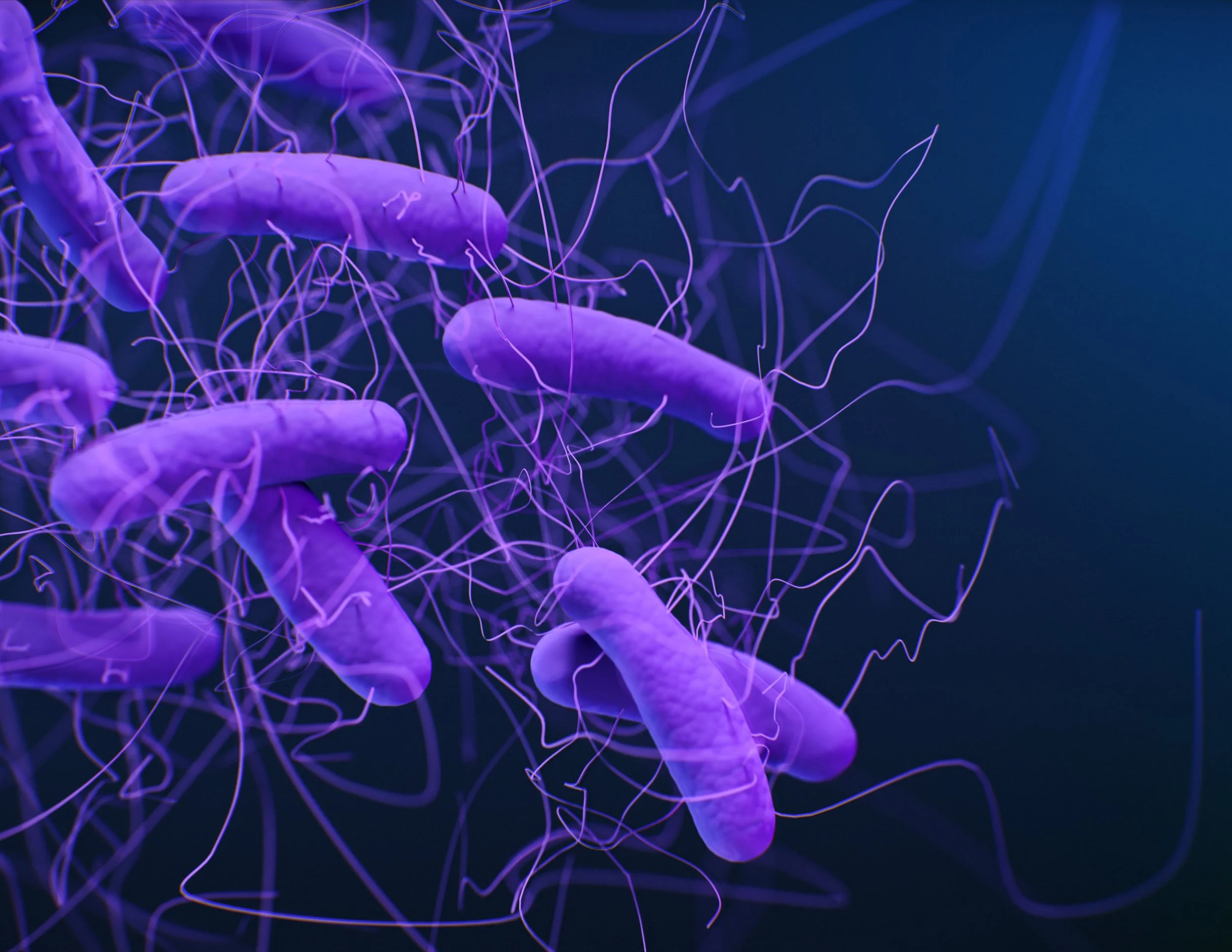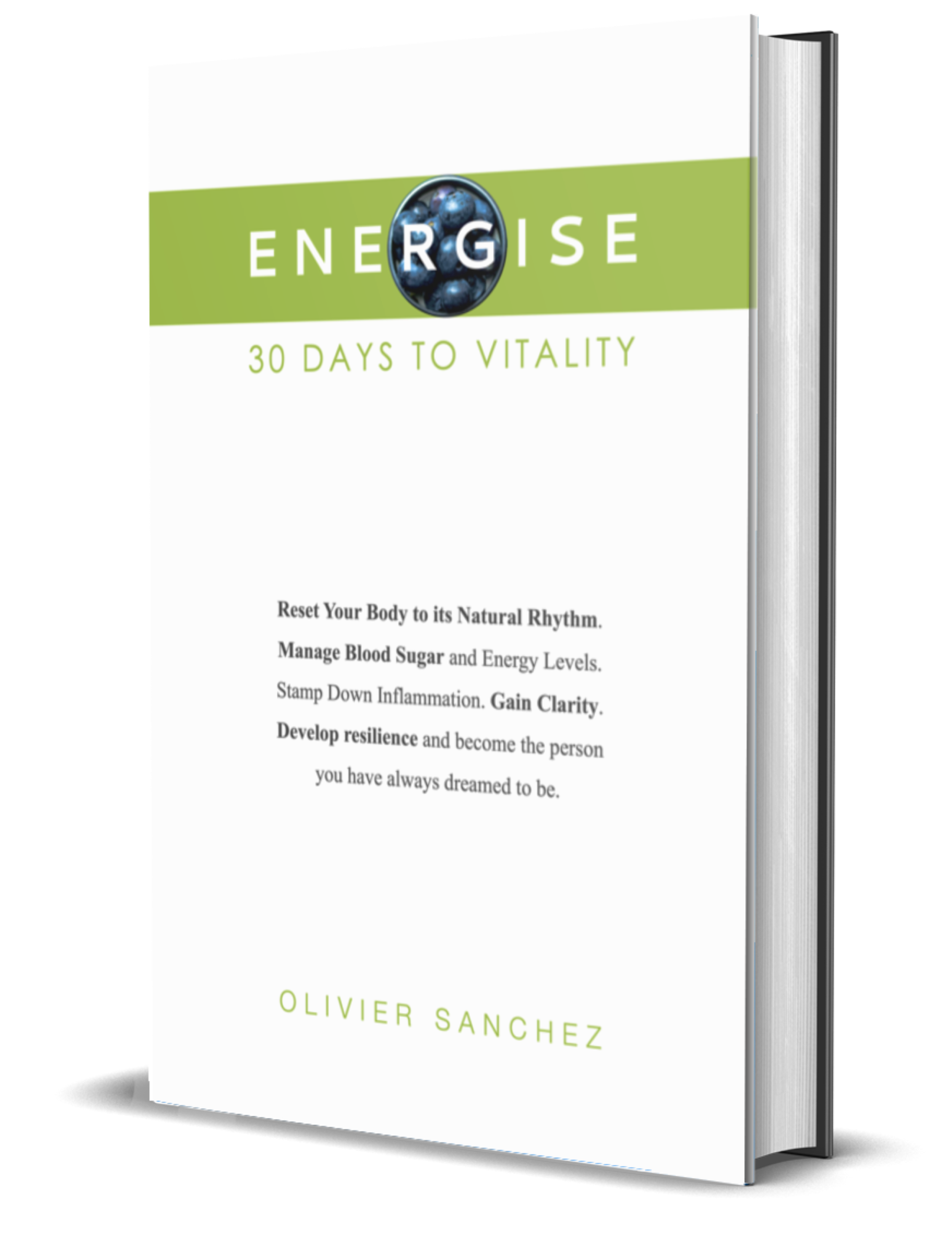
SIBO/SIFO
The holistic approach
Do you suspect you have SIBO or SIFO, and you doctor looks at you like you’re making it up?
Well, you’re not the only one. GPs interest in these conditions is nearly non-existent and those who know nothing about it are plenty. This, in itself, is part of the problem — the main barrage in your recovery.
The main issues with SIBO is that the bacterial overgrowth is characterised by non-pathogenic bacteria thriving in a place they shouldn’t be found, releasing gases that are the main reasons behind bloating, gut discomfort and, in severe cases, abdominal pain. You may also be constipated and experience symptoms around your reproductive phases, leading to fatigue, brain fog and poor cognitive abilities (difficulties with focus and memory).
The other issue with SIBO is that those bacteria are stealing the food that is supposed to feed your organs and tissue, leading to malnutrition (nutrient deficiencies). Additionally, those bacteria can break down bile and prevent fats from being emulsified and assimilated by the intestinal wall. Thus, you may not absorb fat-soluble vitamins, leading to even more nutrient deficiencies, affecting almost all processes occurring in the body, including cellular and liver detoxification.
You may also be stressed, which in itself reduces your digestive capabilities, and thus adding to the fermentation process, by having undigested food entering the intestinal tract — producing a great deal of gases. The other impact of stress is on the release of stomach juices and, therefore, the release of the intrinsic factor (due to low levels of hydrochloric acid). The intrinsic factor is essential to chaperone vitamin B12 to the colon (untouched) for absorption. B12 is essential for a multitude of pathways and any deficiency can lead to severe complications in the long-term. The bacteria may also steal other B vitamins from your diet and complicate many essential pathways in your body, like methylation (cellular and liver detoxification process), DNA (including mitochondria DNA) protection, affecting energy production and causing damage to your DNA.
In the long-term you may develop hypersensitivities to more and more foods, eventually leading to autoimmune disease, such as autoimmune thyroid disorders, rheumatoid arthritis, MS, ALS, and more.
Do not delay!
Contact us today and get back to live your best life.
Risk factors include:
food poisoning event(s)
low motility factors (slow transit of food within the small intestine)
low fibre diet (ultra-processed diet)
high-sugar diet (also includes artificial sweetener-containing foods and drinks)
food hypersensitivities and allergies
dehydration
and much more
In Energise - 30 Days to Vitality, the first chapter: “An Invisible World” gives you extraordinary insight to the gut world.
Get started with Nutrunity UK, today.
Main picture: medical illustration of Clostridioides difficile bacteria, formerly known as Clostridium difficile. by the CDC (source: unsplash.com) .
This bacteria is very often an opportunistic component of gut dysbiosis.

